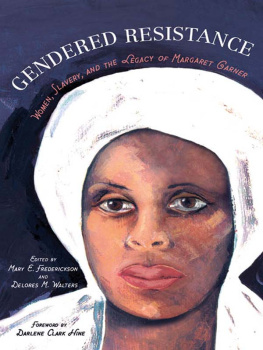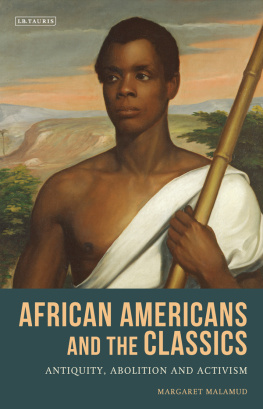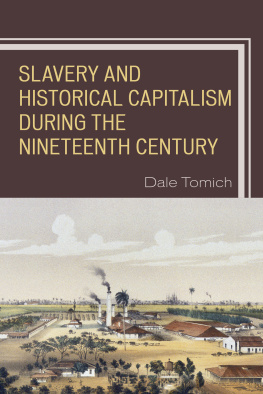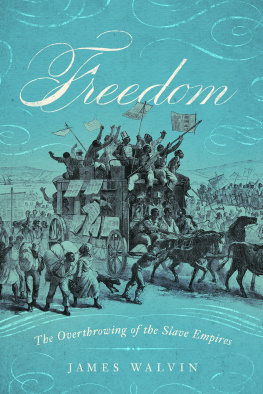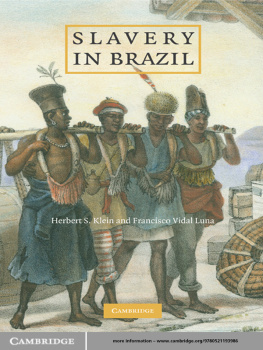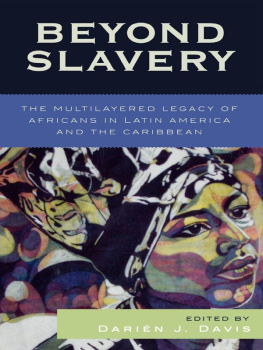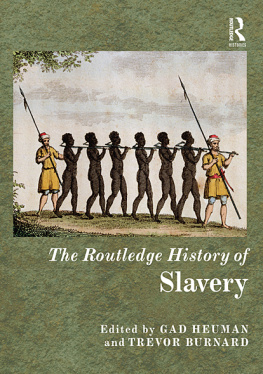Mary E. Frederickson - Gendered Resistance: Women, Slavery, and the Legacy of Margaret Garner
Here you can read online Mary E. Frederickson - Gendered Resistance: Women, Slavery, and the Legacy of Margaret Garner full text of the book (entire story) in english for free. Download pdf and epub, get meaning, cover and reviews about this ebook. year: 2013, publisher: University of Illinois Press, genre: Detective and thriller. Description of the work, (preface) as well as reviews are available. Best literature library LitArk.com created for fans of good reading and offers a wide selection of genres:
Romance novel
Science fiction
Adventure
Detective
Science
History
Home and family
Prose
Art
Politics
Computer
Non-fiction
Religion
Business
Children
Humor
Choose a favorite category and find really read worthwhile books. Enjoy immersion in the world of imagination, feel the emotions of the characters or learn something new for yourself, make an fascinating discovery.
- Book:Gendered Resistance: Women, Slavery, and the Legacy of Margaret Garner
- Author:
- Publisher:University of Illinois Press
- Genre:
- Year:2013
- Rating:4 / 5
- Favourites:Add to favourites
- Your mark:
Gendered Resistance: Women, Slavery, and the Legacy of Margaret Garner: summary, description and annotation
We offer to read an annotation, description, summary or preface (depends on what the author of the book "Gendered Resistance: Women, Slavery, and the Legacy of Margaret Garner" wrote himself). If you haven't found the necessary information about the book — write in the comments, we will try to find it.
Inspired by the searing story of Margaret Garner, the escaped slave who in 1856 slit her daughters throat rather than have her forced back into slavery, the essays in this collection focus on historical and contemporary examples of slavery and womens resistance to oppression from the nineteenth century to the twenty-first. Each chapter uses Garners examplethe real-life narrative behind Toni Morrisons Beloved andthe opera Margaret Garneras a thematic foundation for an interdisciplinary conversation about gendered resistance in locations including Brazil, Yemen, India, and the United States.
Contributors are Nailah Randall Bellinger, Olivia Cousins, Mary E. Frederickson, Cheryl Janifer LaRoche, Carolyn Mazloomi, Cathy McDaniels-Wilson, Catherine Roma, Huda Seif, S. Pearl Sharp, Raquel Luciana de Souza, Jolene Smith, Veta Tucker, Delores M. Walters, Diana Williams, and Kristine Yohe.
|
CoverTitle PageContentsList of FiguresForewordPrefaceIntroduction: Re(dis)covering and Recreating the Cultural Milieu of Margaret GarnerPART I: HISTORICAL AND CULTURAL PERSPECTIVES ON GENDERED RESISTANCE1. A Mothers Arithmetic: Elizabeth Clark Gainess Journey from Slavery to Freedom2. Coerced but Not Subdued: The Gendered Resistance of Women Escaping Slavery3. Secret Agents: Black Women Insurgents on Abolitionist Battlegrounds4. Enslaved Womens Resistance and Survival Strategies in Frances Ellen Watkins Harpers The Slave Mother: A Tale of the Ohio and Toni Morrisons Beloved and Margaret Garner5. Can Quadroon Balls Represent Acquiescence or Resistance?PART II: GLOBAL SLAVERY, HEALING, AND NEW VISIONS IN THE TWENTY-FIRST CENTURY6. Freedom Just Might be Possible: Suraj Kalis Moment of Decision7. Marginality and Allegories of Gendered Resistance: Experiences from Southern Yemen8. Resurrecting Chica da Silva: Gender, Race, and Nation in Brazilian Popular Culture9. The Psychological Aftereffects of Racialized Sexual Violence10. Art and Memory: Healing Body, Mind, Spirit: A conversation with Carolyn Mazloomi, Nailah Randall-Bellinger, Olivia Cousins, S. Pearl Sharp, and Catherine RomaContributorsIndex|
International AAHGS Book Award, Afro-American Historical and Genealogical Society (AAHGS), 2019. Afro-American Historical and Genealogical Society (AAHGS)
|
Mary E. Frederickson is a professor of history at Miami University, Oxford, Ohio, and a visiting professor in The Graduate Institute for Liberal Arts at Emory University. Delores M. Walters is a cultural anthropologist who directs a Health Education Center at the University of Rhode Island.
Mary E. Frederickson: author's other books
Who wrote Gendered Resistance: Women, Slavery, and the Legacy of Margaret Garner? Find out the surname, the name of the author of the book and a list of all author's works by series.

